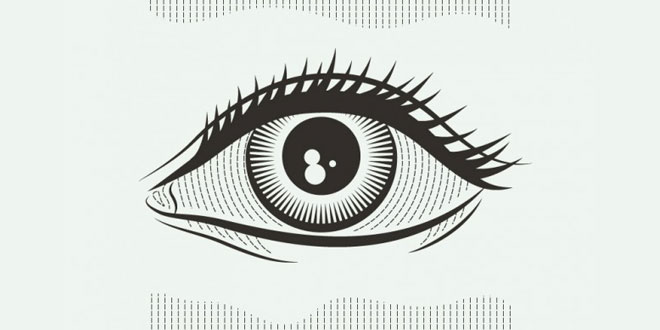
 On the occasion of National Eye Donation Fortnight experts urge people to donate their eyes and help someone living a normal life. Considering the huge blind population in our country, doctors suggest that it is time to spread awareness and educate people about the importance of eye donation.
On the occasion of National Eye Donation Fortnight experts urge people to donate their eyes and help someone living a normal life. Considering the huge blind population in our country, doctors suggest that it is time to spread awareness and educate people about the importance of eye donation.
According to a study published in 2011, there are around 45 million blind people in the world, of which 12 million are in India, accounting for a quarter of global blindness. Out of these 12 million, one per cent, that is one lakh twenty thousand, are on this list due to corneal blindness.

Dr Rohit Saxena, professor, department of Ophthalmology, AIIMS, says, “Corneal blindness is among the top five causes of preventable blindness in India. Corneal donation can give a hope of sight to someone living in the dark. Do your bit and see someones life gets lit.”
Dr Ikeda Lal, Cornea and Refractory Surgery Specialist, at Delhi Eye Centre and Sir Ganga Ram Hospital New Delhi, says, Corneal transplant surgery, obtained from an eye donor, can help people suffering from corneal blindness once again living a normal life.
People who receive a corneal transplant are usually in their middle ages, so they dont just get a chance to see this beautiful world once again, but they also get back their normal life and their role as breadwinners. Eye donation goes much beyond helping somebody with the precious gift of vision. In a way, it also contributes towards building a healthier and prosperous society.

To promote eye donation and highlight its significance, The National Eye Donation Fortnight is observed every year from 25th August to 8th September. However, due to ignorance, myths, cultural and religious beliefs, eye donation is still not as common in India as it needs to be and as it can be.
Clarifying some common misconceptions regarding eye donation Dr Ikeda says, When somebody donates the eye, it does not necessarily mean their eyeball is taken out after death, it is just the corneo-scleral part which is removed very carefully, without causing any disfiguration. Also, since the eye donation needs to take place within the first six hours of death, it does not cause a delays in rituals.
So how to donate eyes? It is actually very simple. All we have to do is to pledge to donate our eyes after our death. If a person does not pledge in his lifetime, the eyes can still be donated by a close relative of the deceased, within the first six hours of death. Therefore, it is very important for all of us to communicate our desire and will to donate eyes to our near and dear ones, so that they can act accordingly during that critical time period.
Eyes can be donated by anyone including people who have undergone cataract surgery, retina surgery, or have glaucoma, diabetes or high blood pressure. There are certain medical conditions, like particular kind of cancers, septicaemia, and hepatitis B, where the deceased cornea cannot be used to treat patients due to risk of transmission of disease.
But, Dr Ikeda says that these corneas are used for training and research purposes, which is equally important. This effectively means, there is no age limit or a medical condition that bars from us from donating our eyes.
So why to wait for this noble cause? National Eye Donation Fortnight brings an excellent opportunity for all of us to pledge our eyes and help someone in need with the beautiful gift of eyesight long after we are gone. To donate eyes, call on 1919, a central helpline number, within six hours of death.
Be a part of Elets Collaborative Initiatives. Join Us for Upcoming Events and explore business opportunities. Like us on Facebook , connect with us on LinkedIn and follow us on Twitter , Instagram.












